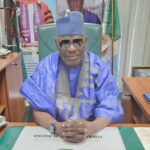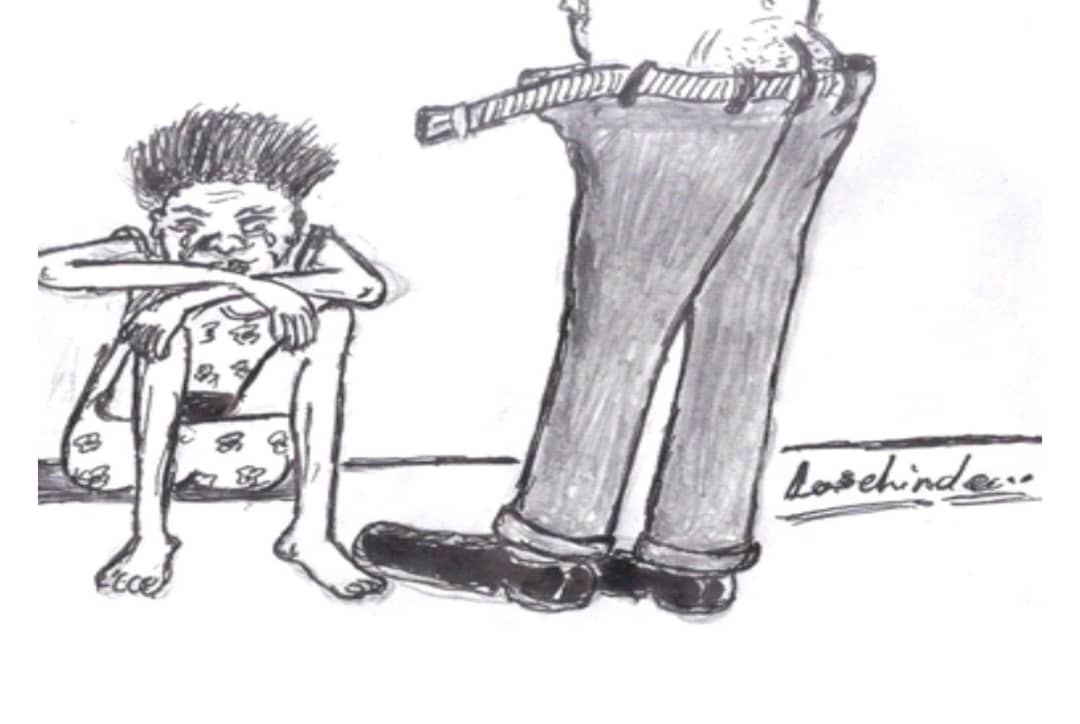COMMUNIQUE ISSUED AT THE END OF A TWO-DAY CAPACITY BUILDING FOR JOURNALISTS AND CSOs IN THE SOUTH-WEST ON CONFLICT SENSITIVE REPORTING, COUNTERING FAKE NEWS IN THE 2023 GENERAL ELECTION HELD ON NOVEMBER 14 – 15, 2022 IN LAGOS STATE.
OVERVIEW:
In view of the recent proliferation of fake news, insensitive reportage and its attendant dangers for the larger society, the Centre for Democracy and Development in collaboration with INEC organized a 2-Day Capacity Building for journalists and Civil Society Organizations (CSOs) in the South West region of Nigeria on the technicalities and strategies needed to decipher news item that are credible enough for reporting irrespective of what platforms such piece of news are coming from. Also x-rayed at the training was the importance of being sensitive, objective and unbiased while reporting incidences.
This event began with an opening ceremony where the Director of CDD, Idayat Hassan, represented by Mr. Austin Aigbe, Senior Programs Officer CDD, the National President of the Nigerian Union of Journalists, Comrade Chris Isiguzo and about sixty-five participants drawn from media houses and CSOs across the South West.
In an opening remark, the CDD Director reiterated the need for sensitization of both journalists and CSOs to disseminate factual and objective news in order not to trigger or escalate conflict through their reports. He also encouraged all participants to maximize the opportunities provided by this workshop.
OBSERVATIONS:
The observations noted are as follows:
2022 ELECTORAL ACT: It was noted that the 2022 Electoral Act is an improvement on the 2010 Electoral Act as amended. It was further noted as impactful as the electoral acts are, there are still loop holes that politicians used to manipulate the electoral process to suit their agenda and interest. It was equally observed that, the electoral umpire, Independent National Electoral Commission (INEC) can only observe political party primaries as empowered by the Electoral Act.
The session also observed that, only Political Parties can validate outcome/results of party primaries, not INEC. That is why, INEC lacks the power to reject the candidate list. The session observed that it is the duty of the security agencies to arrest and prosecute suspected electoral offenders.
BVAS: The Bimodal Voters Accreditation System (BVAS) is an improvement on the Card reader. It was observed that, the BVAS performs three (3) functions before, during and after elections. The first function of the BVAS is used for Continuous Voters Registration (CVR) during registration, it is used for voting and accreditation during elections, and uploading of results to the portal after elections.
FACT CHECKING: There was deliberation on the need to verify every news content before sharing irrespective of the news source to avoid the three components of Fake News which are Mis-information, Dis-information, and Mal-information. During the session fact-checking tools to verify news item, photos, videos were shared which included Whois, Forensically, Deepware, TinEye, Google lens, Wayback machine, etc.
MEDIA & CSOs: The session harped on synergy between media and the Civil Society Organizations as partners on election matters.
CONFLICT-SENSITIVE REPORTING: The session observed that wrong choice of words (wrong use of language) can trigger or escalate crisis/conflict in a given society. It was observed that, journalists and CSOs could be politically biased in their assessment which can influence their report against a particular political party or candidate. Thus, political neutrality and objectivity during reportage is essential.
RESOLUTIONS:
The following resolutions were arrived at:
That Nigerian journalists and CSOs should embrace peace journalism/mediation as a way of strengthening Nigeria’s democracy.
That Nigerian media and CSOs should consider public interest as guideline in reporting conflict events.
That media organizations should create and make use of fact-checking hubs in their news rooms.
That electoral observers/reporters should avoid languages that can trigger or escalate tension.
That journalists should endeavor to give fair hearing, equal space, time and opportunity to all parties in their reports.
That journalists and CSOs should remain apolitical irrespective of the pressure or inducement from any of the parties.
That there should be a law that provides for adequate protection and safety while ensuring there is life insurance for journalists and members of the CSOs in the discharge of their duties.
That journalists and CSOs should take safety and security issues seriously.
That CSOs and media practitioners must take their stress management serious.
That the Electoral Act should be translated into local languages, for easy understanding by the masses.
CONCLUSION: It was resolved that media practitioners, CSOs and INEC pull resources together to sensitize and advocate conflict-sensitive reportage and fact-check to forestall the proliferation of fake news that can heat-up the polity.
E-SIGNED:
Ausin Aigbe
Senior Programme Officer, CDD
Comrade Chris Isiguzo
NUJ President
Stella Ikeokwu
CSOs










